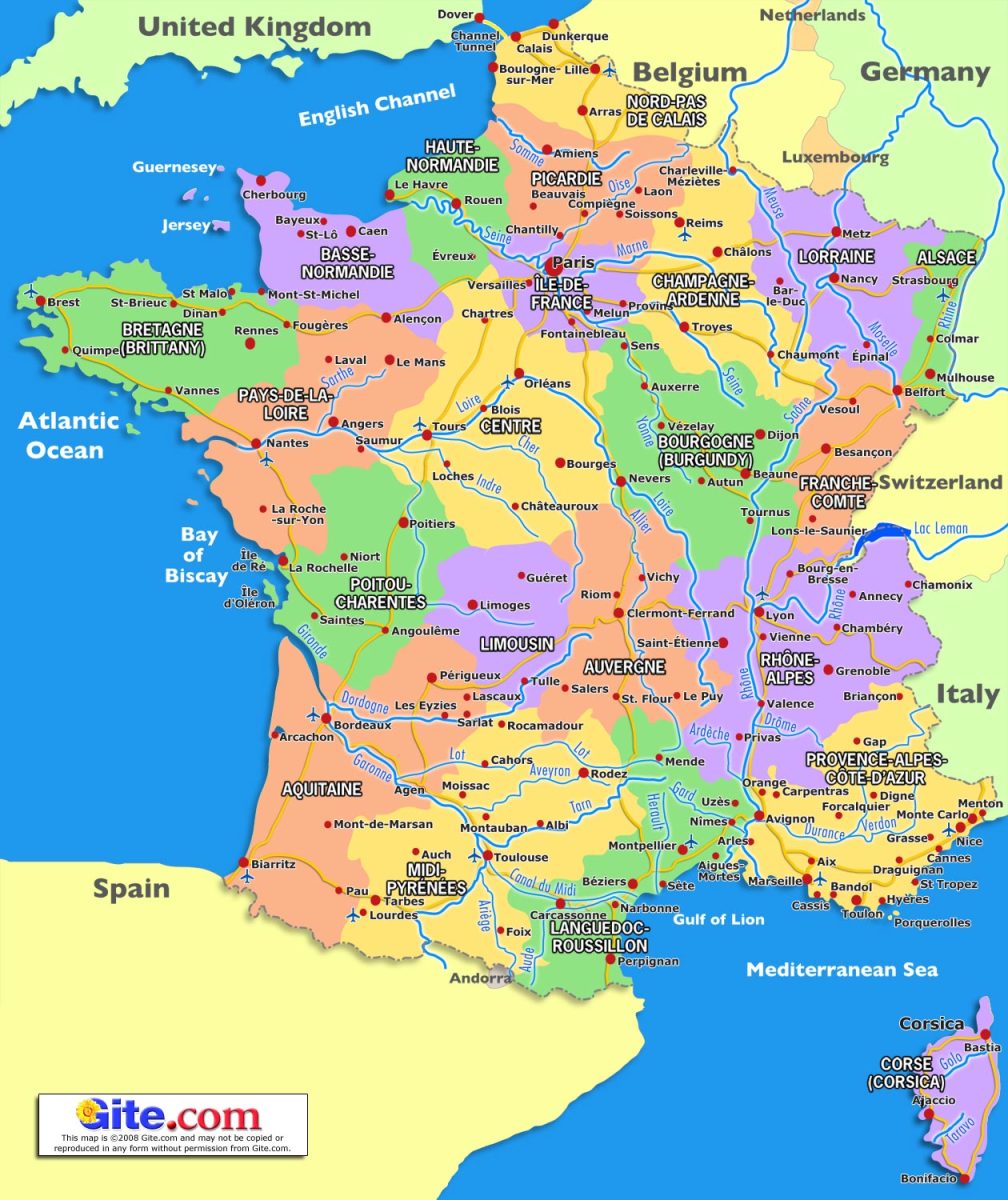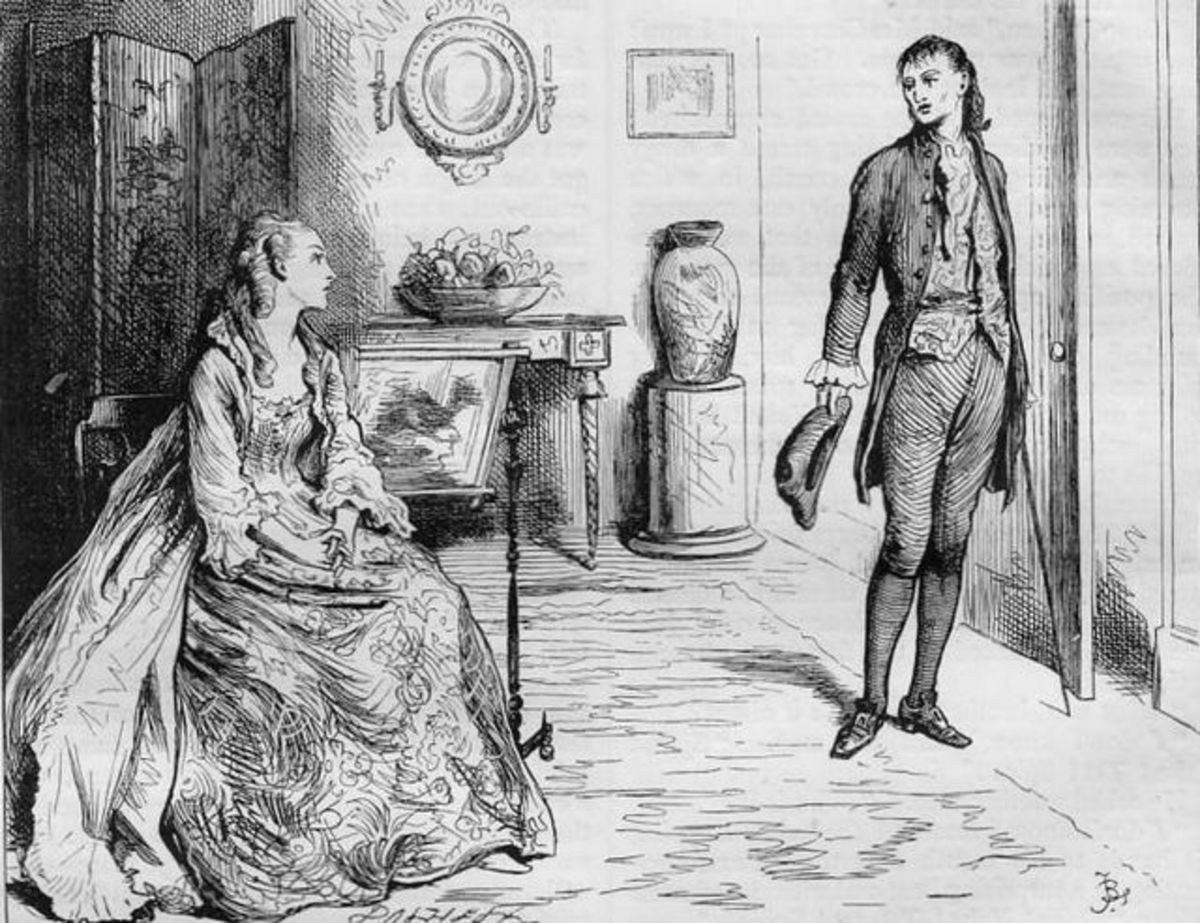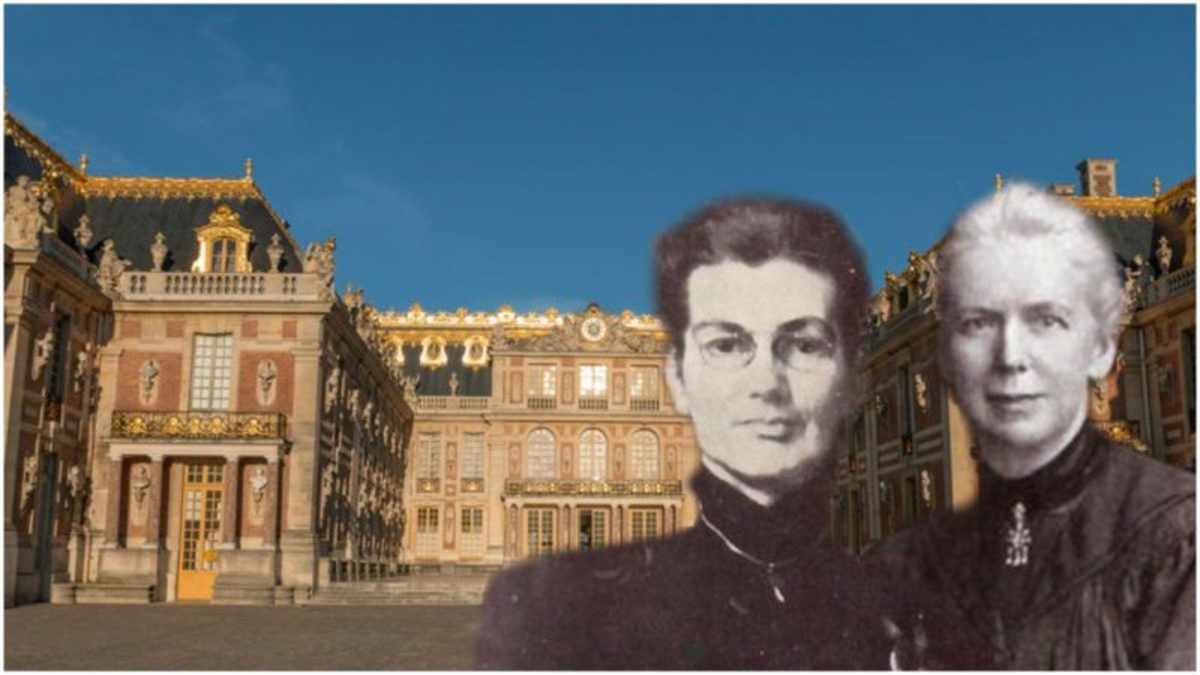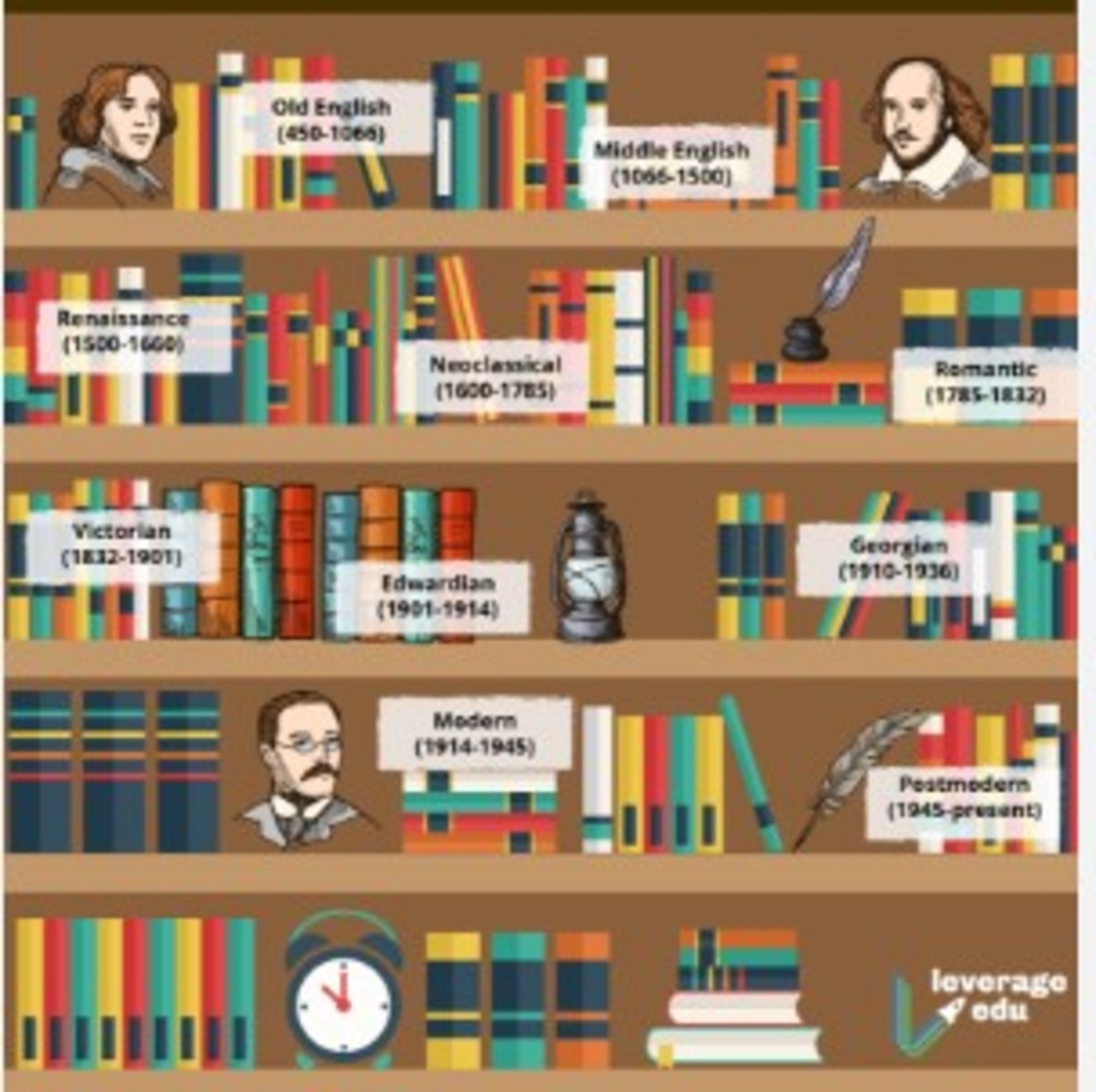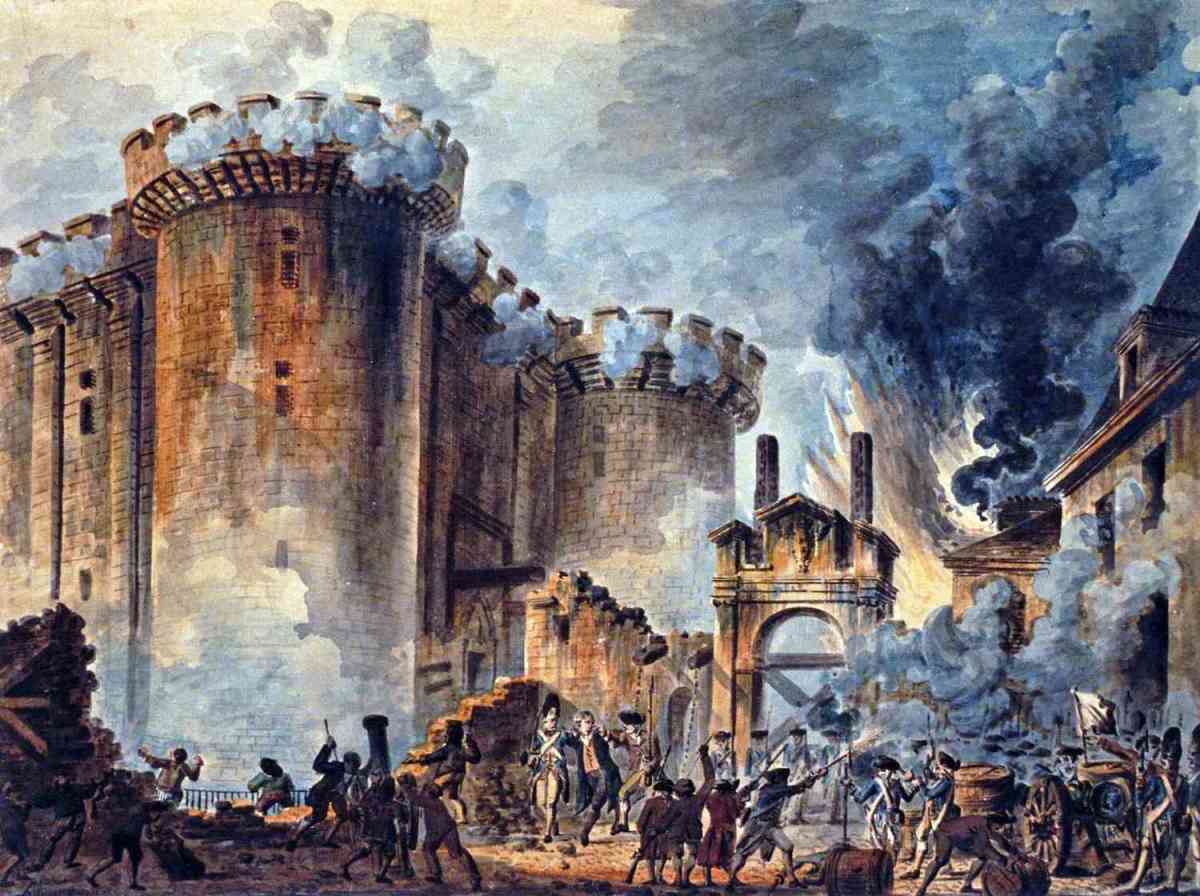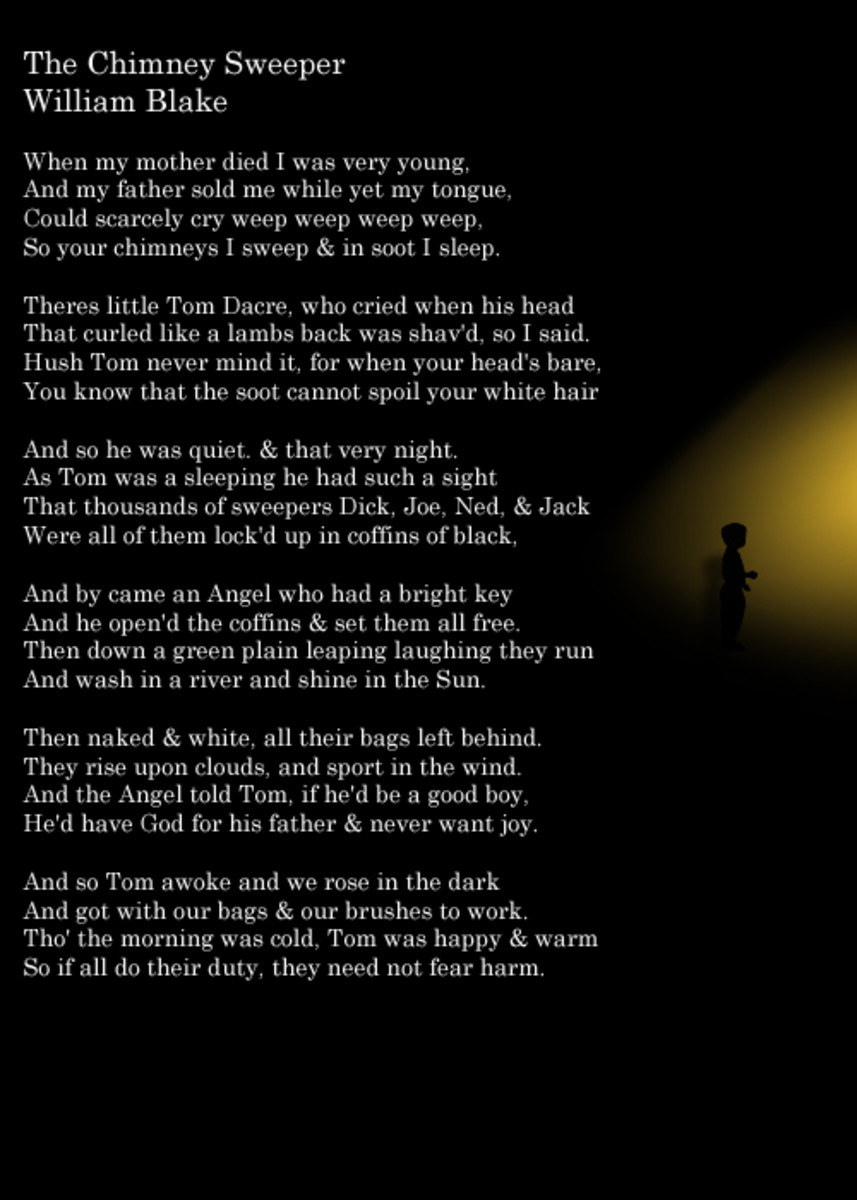17th-18th Century European Society as described by writers of the time.
During the course of history, authors have reflected in their writings the society in which they live. One can assume that there are reasons for this. Many times the reasons are a need to criticize certain social classes and their actions and thoughts towards others or a desire to point out the needs for advancement that have become such an important part of their existence. Many writers were witness to changes that occurred in society due to the events that happened during their time and fought to point them out. The writers Moliere, with the play "The Would-Be Gentleman", Swift, with the book Gulliver's Travels, and Voltaire, with the book Candide are all examples of those types of authors. During the course of this paper, I shall address the influence of politics, flawed logic, and conformity on society in Europe during the late seventeenth and early eighteenth century, as conveyed by them.
During the late seventeenth century, absolutist monarchy was at its height in France. One reason absolutism worked so well was because strict rules of etiquette were enforced on society by Cardinal Richelieu during the reign of Louis XIII and Richelieu's successor, Cardinal Mazarin, during the reign of Louis XIV. Due to the underhanded politics that ran rampant at court, the monarchs had to safeguard their position on the throne in as many ways as possible, which included creating a social realm based off of rituals and respect. By bombarding the nobility with the ever-changing guidelines of manners, formality, and dress, which they had to follow for fear of becoming an outcast from society or being pushed from the king's favor, the monarchy allowed them little time for thoughts of personal gain. This prevented them from questioning the rule of the monarch or trying to plot against him. This measure seemed to place a great importance on conformity, for each noble had to follow the same set of rules with little opportunity to be an individual. To many, the desire to be a person in power far outweighed the need for individualism. Nobles often used this power to take advantage of the merchant class, who were fast becoming wealthier each day.
Because nobles weren't allowed to work by punishment of losing their title, they would charm the merchant class by socializing with them in order to gain access to their fortunes. Many of the merchant class were so seduced by the idea of one day marring into or becoming a noble family that they allowed themselves to be used. The merchant class was led to believe that if they assisted a noble financially, they could in turn establish themselves in the society created by Louis XIV.
Jean Baptiste Poquelin, better know as Moliere, was born in Paris, France in 1622. After securing the patronage of King Louis XIV of France, he wrote many plays, including "The Would-Be Gentleman," which was written in 1670 and mainly focuses on conformity. In this play, Moliere shows the reader just how far a merchant would go to become a noble and just how far a noble would take advantage of this particular desire. Monsieur Jourdain, the main character, is a merchant in France. He, like society during the time this play was written, wants to be one of the elite and is easily taken advantage of by others. Dorante, a count, has courted Jourdain's hopes by visiting his home, calling him a dear friend, and making him believe that he is helping him to win the heart of Dorimene, a marquise. By playing on Jourdain's beliefs that nobles are always honorable, he is able to extract a considerable about of money from him as well as collect trinkets given from Jourdain to Dorimene by promising to give them to her in his stead, when in fact he is using them to pursue her himself. Jourdain hires tutors of music, dance, fencing, and philosophy to better groom himself for the role of a noble on the idea that because Dorante is paying attention to him then he will be accepted into Dorante's society.
For example, Jourdain commissions a suit to be made in the style of that which nobles wore to court so that he may dress as they do. The master tailor makes a fool of Jourdain by making his stockings too tight and sewing his jacket with the floral upside down. When Jourdain questions this, the tailor assures him that it is the way it is done and Jourdain believes him. He continues to believe him even after his maid, Nicole, laughs at him and calls him comical.
Another example of the lengths Jourdain would go to be accepted is his conformity to the rules of society. He invites the marquise and the count to dinner one evening to proclaim his love for the marquise. He diligently memorizes the correct bow to greet her with and the distance that should remain between them after his bow is completed. He does everything he is told to do by the count as well as his many tutors in order to be the perfect gentleman.
One last example is how Jourdain forbids his daughter to marry her love, who is but a merchant like himself. He has managed to fool himself into believing that his father was a gentleman and therefore so is he. Because of this, he expects her to marry gentry. Cleonte therefore engages in a ruse to fool Jourdain into letting him marry his daughter. With the help of Covielle, his valet, he stages a ceremony by where he is the son of the Grand Turk and Jourdain becomes a Mamamouchi, equal to the highest ranking noble in France. Jourdain is easily drawn in by the promise of becoming a noble and is apparently willing to do anything it takes. He so wishes to move up in society and gain that which is their privilege, that everything else becomes totally inconsequential.
Moliere wrote this play as entertainment for the king and his court. Many nobles and merchants alike found this play to be humorous because they had either done this same thing or knew someone who had. He comically describes exactly the type of society in France at the time. He shows how many would conform to the rules of society simply to be accepted. He shows how many used their power to gain control of others. Last but not least he shows how ridiculous such a society actually was. Values were no longer set to include individuality or happiness but were instead focused upon becoming the best. By being a noble, one had the opportunity to speak with the king, become a favorite, or increase their wealth; in essence become better than their fellow nobles.
In England during the late seventeenth century and early eighteenth century many things happened to affect the structure of society. The Glorious Revolution, which occurred in 1688 to remove James II from the throne, took the power from the monarchy and gave it to parliament. By limiting the power of the crown, parliament was able to prevent any moves towards absolutism and a Catholic monarchy. Shorly after the revolution, parliament's power began to grow quickly. Political appointments became more random and the entirety of England seemed to be focused on domination and colonization. In 1720, they passed the Declaratory Act which gave them the power to legislate over Ireland. With the colonization of America, the trading posts set up in India by the East India Company, and control over Ireland and Scotland, England showed it had become a country devoted to ruling others. The scientific revolution was another event that changed society, beginning in roughly 1550 with the death of Copernicus and continuing until about 1700 with Isaac Newton. This caused people to reevaluate their beliefs, sometimes to the point of obsession.
One author focused on many of these things while writing, especially the influence of politics on society. Jonathan Swift was born in Dublin, Ireland, in 1667. He spent the last thirty or so years of his life defending Ireland against the injustices visited upon it by England. In 1726, he published his now famous book, Gulliver's Travels. In this book, he seems to compare the places he visits with English society at the time. Although there are four journeys that take place in this book, I will focus on what most deeply conveys his reflection of society.
In Lilliput, the first of his four adventures, he is a giant among the natives. He is compliant with their rules and dictates because of the hospitality they have shown him and does nothing to prove to them that he is a threat. However when he asks for his freedom, he is denied and is used for Lilliputian political gain against their enemies, the people of Blefuscu. When he learns of the argument between the two political parties in Lilliput, he finds it pointless. What baffles him even more is that even after he has helped the Lilliputians they try to execute him.
On his last journey he visits the land of Houyhnhnm. Here humans are filthy beasts called Yahoos and are ruled by horses called Houyhnhnms. To him this place is Utopia because the horses are ruled by reason and do not even know what a lie is. After talking with his horse master, he realizes the complete difference between England and Houyhnhnm. He is completely devastated when he has to leave. He goes home to England hating humans and English society all the while wishing he were a horse. He even goes so far as to purchase two of them so he can have someone to talk to.
Swift is comparing many aspects of the political influence on English society in this book. The Lilliputians are an example of the ridiculous arguments between the Whigs and Tories of English Parliament. He is pointing out that arguing over unimportant things waste time and allow for the government to lose sight of its objective, which is, in theory, to serve the people. Politics have separated a land of people, creating two entirely different societies. The Houyhnhnms embody the way the English government should be. There should be no greed and ambition, only a want to help the people of the country. Because the government does rule with men of greed and ambition, society is forced to choose sides and alienate their fellow countrymen in order to protect their assets. This type of government also causes war with other countries and war within their own country, which affects the economy and in turn affects society. Swift sees English society as worthless and wants to see a government that uses reason as a guide instead of ambition.
France was experiencing the Enlightenment with a vengeance during the 1750's. Many of the Enlightenment's most famous writers were from France. The Enlightenment Period, which covered much of the seventeenth century and early eighteenth century, was said to have began directly after the Scientific Revolution with Isaac Newton. Some of the values of this period were freedom, logic rather than religion, and the use of the scientific method. Although this period is seen as one of great change in the thought pattern of man, it still held many flaws. Many people spoke of the injustices inflicted upon their fellow man but did little to help them. They spoke of equality of all man yet still thought of women as lesser and continued to be lords of the realm who ruled lesser men. They spoke of the freedom of individuality yet still conformed to the dictates of society. What was ironic was how some said that humans were living in the best of all possible worlds, including Gottfried Wilhelm Leibniz, a german therorist.
Francois-Marie Arquet, also known as Voltaire, born in France in 1694, wrote his book Candide in 1758 partly in response to this flawed logic. He felt that it was exactly this type of mind frame that prevented mankind from moving towards the ideals placed by the Enlightenment Period. In Candide satirizes this logic and means to show its ineffectualness.
For example, when Pangloss explains the principles of cause and effect, he uses a nose as an example. It was made to wear glasses, so the reason noses are made is for glasses. In turn, the effects of glasses are noses. Because of this, Pangloss concludes that this is the best of all possible worlds, and all is well. The logic behind this is that the effects are the reason for the causes, which is not logical at all because you can have no effect without a cause.
Another example is the auto-de-fe. In Lisbon it was thought that the sight of several people being ceremoniously burned was a foolproof way to prevent earthquakes. Yet another example of flawed logic is the thought that in order to distribute wealth equally, according to Pangloss's theory, the friar who stole Cunegonde's jewels should have left enough money for them which would have been more logical than taking it all. The thought that sacrifices prevent earthquakes and that thieves are logical is unfounded.
The most important example of flawed logic is when Candide and Martin went to visit Count Pococurante. Candide believes he is a superior man, a genius, because nothing can please him. Candide believes he is the happiest man alive because he is more superior than all of his possessions. The question is asked here of how can one be happy if one finds happiness in nothing?
Voltaire, throughout the entire book, is pointing out that society places too great an importance on reasons why something happens instead of actually doing something. To him, society was manipulated constantly by flawed logic and needed to see the world for what it was, not as what someone said it was supposed to be.
In all three of these books, there is an underlying theme of the reflection of society. Some conveyed many different comparisons and some contained only a few major comparisons. Although each book is written at a different time by men living in different societies, they all felt the need to point out social flaws. It is because of this that we today have a personal insight into the past. During the seventeenth and eighteenth century society did not change greatly. Although thought patterns changed and governments redeveloped themselves, there was always one thing that remained constant. There was always a ruling class and there was always someone to be ruled.
This article is strictly the opinion of the writer and uses the above referenced scripts and research of the time to form such opinions.

